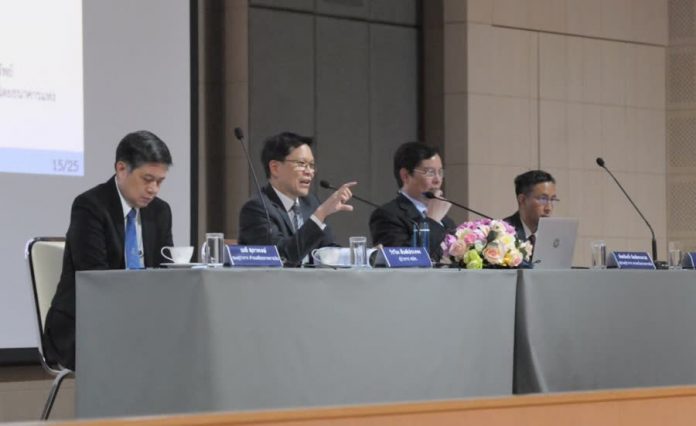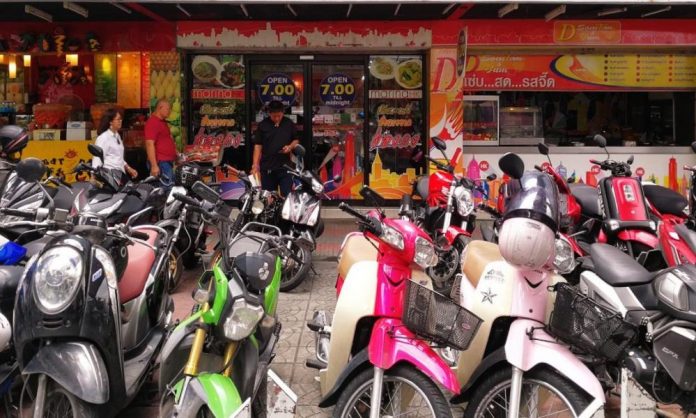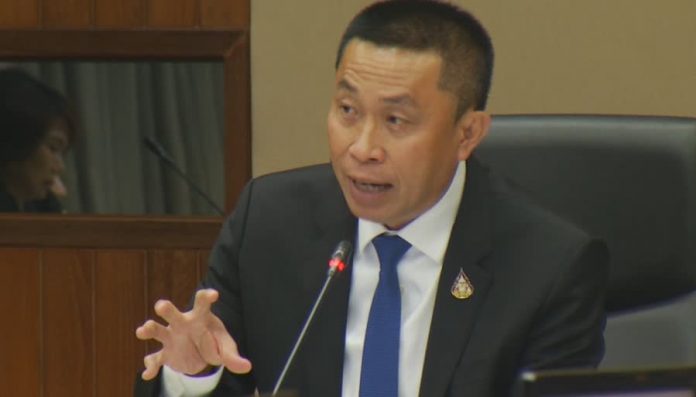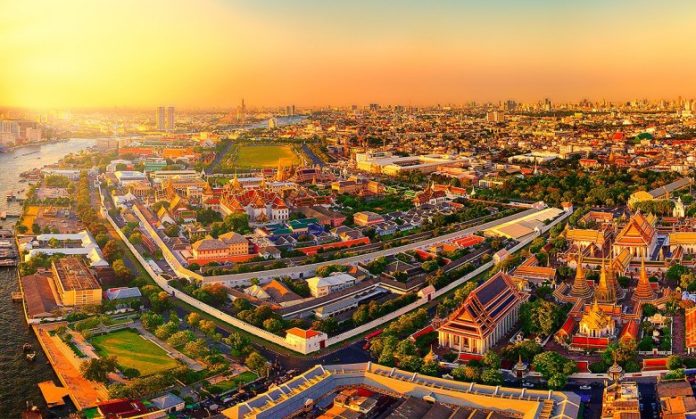BANGKOK(NNT) – Good news for the general public and SMEs as the Bank of Thailand (BOT) has ordered commercial banks to revise their interest rates, and the fees they charge for their financial products and services including ATM and debit card fees, to help reduce the burden borne by customers.
The BOT now recommends commercial banks impose advance refinance fees on personal loans, with SME loans to be based on the remaining loan balance, as opposed to the entire loan amount, as well as offering a period of grace where fees are not imposed.
As for housing loans, SME loans, and personal loans, the interest rates for default cases will now be calculated on the amount due, as opposed to the remaining loan balance. A period of Grace will be offered to customers facing extraordinary circumstances. These new interest rate guidelines are effective from now until 31st December 2021.
Banks are now required to return customers annual ATM and debit card fees in cases of cancellation, by refunding the unused portion of the fee based on the time of year in all cases. With the issuance of replacement cards or pins, no fee should be collected unless there are significant costs associated with the replacement. This directive is effective indefinitely.
BOT Governor Veerathai Santiprabhob said today the change in guidelines will help boost customer confidence in financial companies and the overall monetary system of the country. The Bank of Thailand will be asking the banks to revise their current interest rates and fees to reflect true costs, reduce the customers’ burden, reduce redundant fees, and fully disclose fees associated with other products and services.






